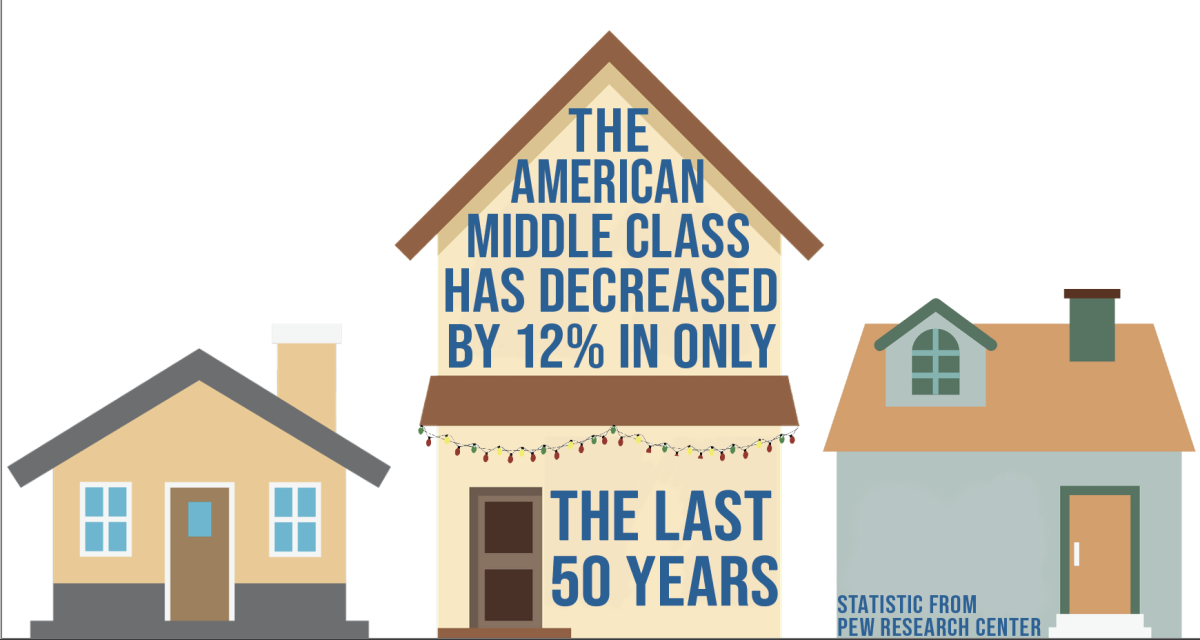The Senate has become the center of a myriad of controversy in the modern political era. From the blocking of Merrick Garland’s appointment to the Supreme Court for two years, to the recent “hold” placed on the confirmation of top Department of Defense officials, it’s clear that the Senate isn’t afraid to demonstrate its influence in American governance.
When examining the Senate, one crucial question ought to pop into the minds of the American public: “is this power necessary?” The answer is that it is not only unwarranted, but rather it is counterintuitive to what a true representative democracy should function as.
For example, America’s favorite pastime: the debt ceiling. Every year when the clock strikes midnight and the holidays are upon us the great question of funding our democracy arises. The natural answer would be for our representatives to agree out of necessity to fund the government, however, what is more often observed is that this great time of crisis is treated as a hostage situation. A situation in which the Senate plays a key role in serving as the armed gunman in which to extort the American public out of funding for social services, such as medicare and social security, in favor of tax cuts for the rich. Mitch McConnell, the current Senate minority leader is among the most prolific senators in history. His infamous time as the Senate majority leader under the latter years of the Obama administration and during the Trump administration earned him the nickname “Moscow Mitch” due to his financial and political affiliations with the Russian government. In 2021, during one of the most recent debt ceiling debates, and when he was still the senate majority leader, he responded harshly to the proposed funding planned for the government by saying, “The democrats will either agree to our every demand or we will shut this thing down. For clarity “this thing” is the entire American government and the thousands of federal employees that won’t receive pay until the debt ceiling is resolved. Thousands of foreign diplomats, embassies, consulates, and military installations across the world would shut down and service members would be stranded overseas. It is argued that this description of the Senate is correct, but lacks the nuance to understand that these problems are not inherent to the senate.
In 1789, the Senate was officially created following the Great Compromise, which took place between the less populated states who argued for a single body with equal representation and the populous states who argued for a single body with proportional representation. This so-called compromise established the House of Representatives based on proportional representation and the Senate based on equal representation. At first glance this seems like a perfect middle ground since a bill needs to pass both houses to become a law, but therein lies the inherent flaw with our congress.
In American governance not all votes are counted equally. Take a state like California which has a population of forty-million which is given fifty-two representatives in the house and two senators. Compare that fact to a state like Mississippi which is given four representatives in the house and two senators. Despite the fact that California has ten times the number of representatives as Mississippi, they both have an equal vote in the Senate. This means that during a vote on legislation Mississippi and California both have equal say in what is made federal law. If we apply the principle of our representative democracy, which is that every person votes through their representatives, we can see that the impact of your vote varies wildly depending on where you live. In Mississippi your vote counts for one and a half times what it does in California. An even more extreme example of this is that a Wyomingites vote counts for almost six times what a Californians would. The other fundamental problem with the Senate is its institutional obstructionist agenda. Since the Senate gives undue power to political minorities it can often lead to a gridlocked battle in a legislature that should more or less be on the same page with itself. Take for instance Senator Tommy Tuberville’s recent campaign to block all appointments to the Department of Defense. Senator Tuberville has even built a coalition of senators strong enough to stop the candidates from getting their confirmation hearing, in which they would answer questions and be scrutinized before the entire senate. The ultimate issue is that the Senate holds far more power than the house. In addition to the powers granted to the house, the Senate is the only body that can confirm judges, ratify treaties, and many other supremely important functions of our government.
The massive divide is not only in the power that both houses of Congress wield, but also in the way that they are accountable to the American people provides the fundamental problems that are present today. The only way to account for these problems is not to simply put a bandaid on the visible issues, but rather to fix the systemic source of these injustices and provide the American public with a direct and more accountable link to their representation in Congress. Thus we must abolish the US Senate. One person, one vote makes sense, one state, two votes never did.






